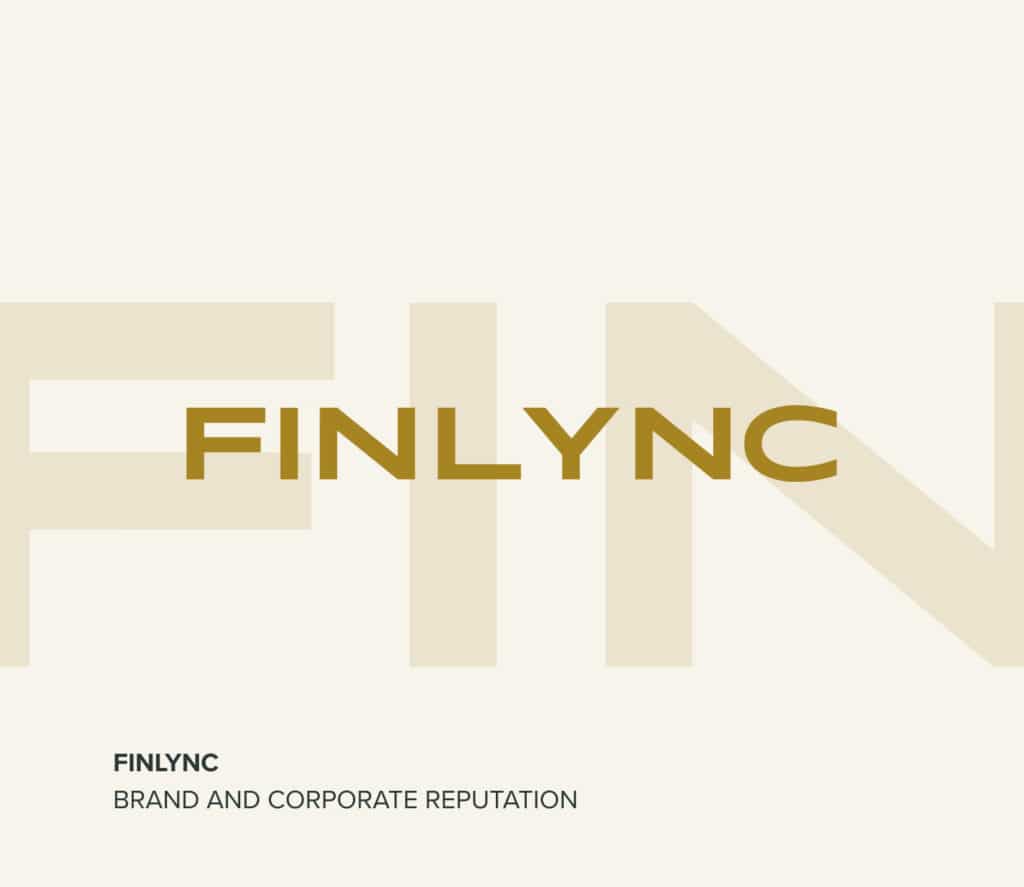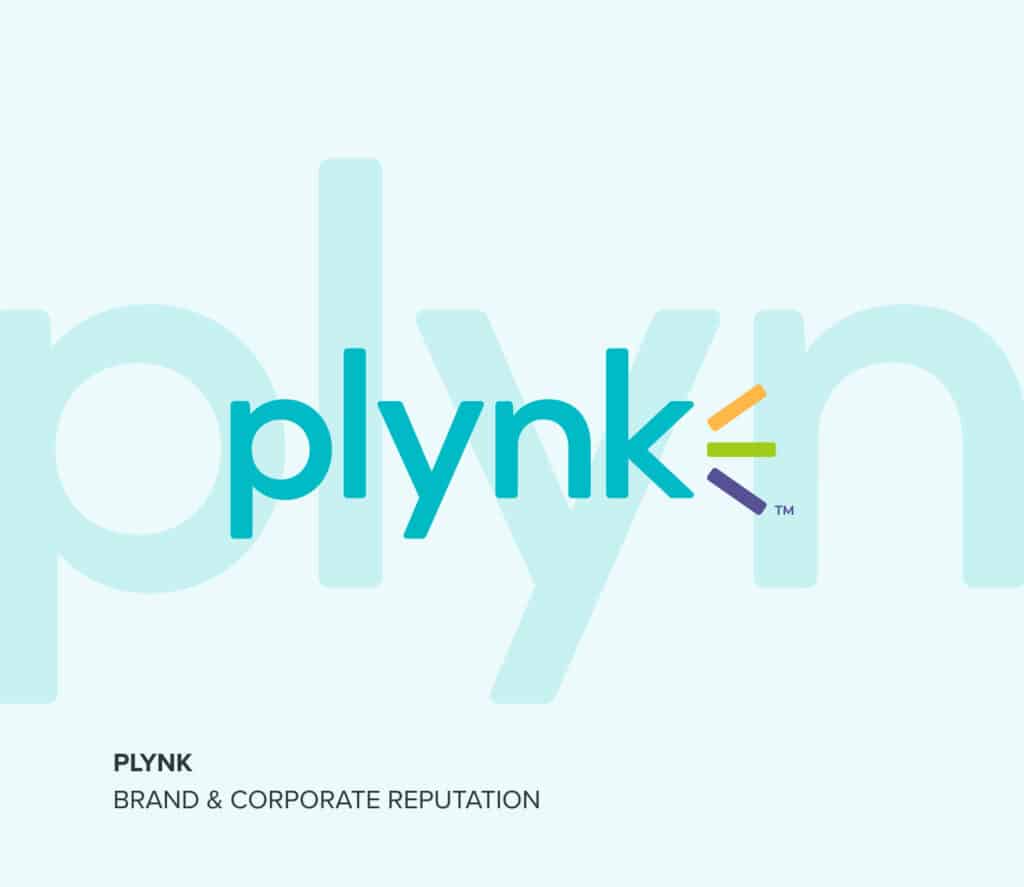Apple Wants In On The Finance Sector
Apple Wants In On The Finance Sector
There are many that will appreciate the sleek design of the Apple Card. After all, the credit card is quite minimalist, which certainly isn’t a new aesthetic for the influential tech company. There will be no numbers or expiration date on the white titanium card. However, the Apple card itself isn’t as much about a credit card as it is about Apple Pay. The company is banking on financial incentives to gain traction in this space, as it will offer 2% back on purchases made with Apple Pay and 3% back when spending on Apple apps, movies, and devices. Apple is partnering with Goldman Sachs, one of the world’s leading investment bank and financial services companies in the world, to present the card. Apple claims that 65% of all retail locations currently support Apple Pay.
South Korea no longer considers Japan a “favored trading partner”
South Korea has dropped Japan as a favored trading partner, indicating that tensions are rising between the two United States allies. The government of South Korea announced that it would remove the country from a list of countries that enjoyed accelerated imports of South Korean
goods. This move was made in response to a similar measure taken by Japan.
Seoul’s Ministry of Economy, Trade, and Industry clarified that certain South Korean goods will require a process of 15 days rather than the current five days. The dispute threatens the tech supply chain, given the fact that South Korea and Japan play central roles in the manufacturing of various electronic products.
Daunt plans on turning around Barnes and Noble
Barnes and Noble hasn’t had the best two decades, as 400 of its stores have closed since 1997. However, James Daunt hopes to change that, and he might be the bookstore chain’s best hope. Daunt was able to completely turn around the British bookstore company Waterstones, returning it to profitability in 2015. The 289 remaining Waterstones stores are flourishing, which is obviously quite the feat in a world where Amazon exists. Many of Daunt’s decisions revolve around the fact that a bookstore has much more to offer than a quick online transaction, but it remains to be seen whether he will be able to turn around one of the most successful bookstore chains of all time.
Chinese tech firms target the elderly
There are many Chinese tech firms that are realizing that once they reel in elderly customers, they are willing to spend more money on the Internet. When you consider that there are over 250 million “disconnected” Chinese (in the sense that they are not that familiar with smartphone technology); you may understand why tech firms are viewing this demographic as more of an opportunity. These “disconnected” individuals in the Chinese population are expected to spend around $1 trillion on consumer goods in 2020, and tech firms want to make sure that they cash in. Alibaba and Wechat, two of China’s largest technology companies, have already created goods and services geared towards the elderly in China.
Verizon sells Tumblr
Automattic Inc, the parent company of the popular publishing website WordPress, is said to be purchasing Tumblr from Verizon. While the price of the acquisition isn’t clear, it was apparently considered “nominal” when compared to the fact that Yahoo once purchased Tumblr for $1 billion dollars. Automattic Inc will also take on 200 Tumblr employees as a result of the acquisition.
Verizon obtained Tumblr after purchasing Yahoo in 2017. Tumblr has been unable to gain traction, often losing users to both Reddit and Facebook, two of the more popular social media platforms. Tumblr also suffered due to the fact that the site was no longer lax about enforcing rules against adult content, which led to many writers and artists abandoning the platform.
Verizon has been reportedly searching for a Tumblr buyer since May.


